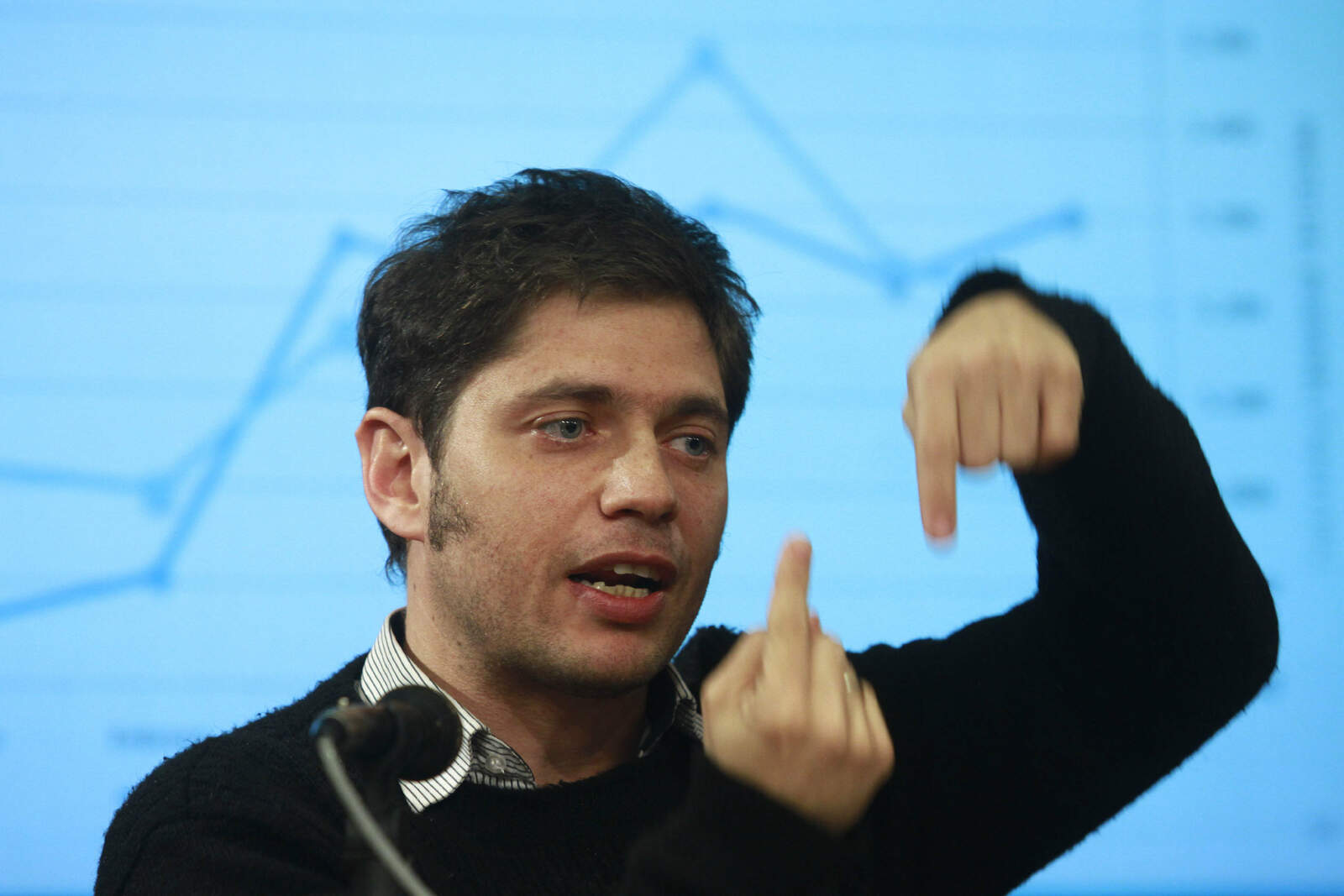In a new judicial defeat for the Argentine State, Judge Loretta Preska, from the Southern District Court of New York, ruled this Monday that Argentina must transfer 51% of YPF shares to a custody account as part of the enforcement of the ruling that orders it to pay 16.1 billion dollars for the expropriation of the oil company in 2012.
The order sets a 14-day deadline and was promoted by the litigating funds Petersen, Eton Park, and Burford Capital.
The ruling represents not only a huge economic blow, but also a reminder of the consequences left by the disastrous management of Axel Kicillof as head of the Ministry of Economy during the second term of Cristina Fernández de Kirchner.
A debt of more than 40 billion dollars
During his time in the national administration, Kicillof accumulated a series of decisions that, according to official and judicial estimates, add up to a bill exceeding 40 billion dollars, an amount that still weighs on the country's economy and all Argentines.

The most emblematic was the expropriation of YPF, where the then minister refused to respect the company's bylaws and stated before Congress that it would be Repsol who should compensate Argentina. In the end, the country ended up paying 5 billion dollars for 51% of the shares.
Meanwhile, his strategy against the holdout funds before Judge Thomas Griesa in New York was considered by many as intransigent and counterproductive. The refusal to reach an agreement resulted in a ruling that tripled the original amount of the debt, generating an obligation of 12.627 billion dollars.









